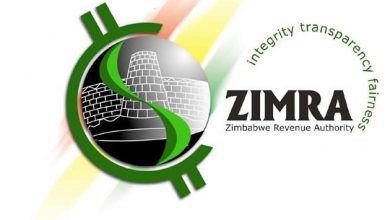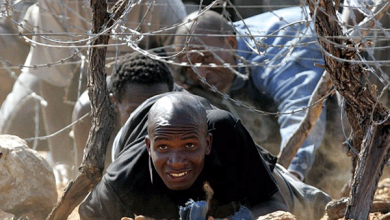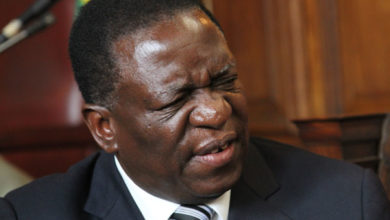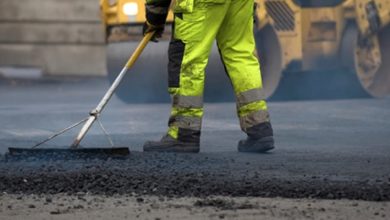DW Akademie decries media freedom violations in Zimbabwe
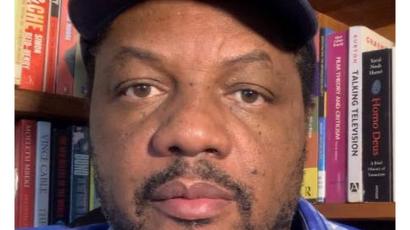
A leading German organisation for international media development, DW Akademie, has expressed deep concern at the spike in media freedom and human rights violations in Zimbabwe.
The concerns come in the backdrop of more than 25 violations against journalists and media workers recorded by the Media Institute for Southern Africa (MISA) Zimbabwe chapter, between March and June, 2020 following the implementation of the national Covid-19 regulations.
Several more cases have been reported before and during peaceful public protests that took place on July 31, 2020.
Since 1965, DW Akademie has been engaged in promoting free and independent media and is worried that several local journalists and civil society organisations they cooperated with had been subjected to arrests and harassments over the past days and weeks.
“We urge the government of Zimbabwe to immediately stop the persecution and harassment of journalists. The people of Zimbabwe need reliable information, especially now as Zimbabwe and the world are facing the challenges resulting from the Covid-19 pandemic. Journalism is not a crime but a vital service for democratic societies,” said Carsten von Nahmen, Managing Director of DW Akademie in a statement.
He noted it was critical for Zimbabwean authorities to stop criminalising journalism and release all imprisoned journalists notably, investigative reporter Hopewell Chin’ono.
“Given the additional health risks posed by detention during the pandemic, the prosecution of such cases should be halted. The atrocious violence against journalism student Tawanda Muchehiwa, the nephew of ZimLive editor Mduduzi Mathuthu, who is reported to have been abducted and tortured after being arrested by the police, needs a credible and thorough investigation that brings the perpetrators to justice,” Nahmen said.
Harassment of journalists and their families is appalling, said Nahmnen, adding that it was unconstitutional.
“The right to peaceful protest is also protected by the constitution of Zimbabwe. All charges leveled against citizens who peacefully and safely demonstrated on July 31, 2020 go against basic human rights and the constitution of Zimbabwe.
The government of Zimbabwe has a duty to protect journalists and their rights to safely do their work, especially during the COVID-19 pandemic. Access to reliable news and information is crucial for the citizens of Zimbabwe and for the country’s democratic development,” said the managing director.
Director of MISA Zimbabwe, Tabani Moyo, concurred that the constitutional rights of Zimbabweans are on trial as journalists and media workers are persecuted for doing their constitutionally provided rights.
“The government of Zimbabwe has an obligation to uphold the country’s constitution and see to it that those that violate it are brought to book,” he said.
DW Akademie has been supporting MISA in their advocacy campaigns for freedom of expression.
MISA promotes and defends media freedom and freedom of expression across the Southern Africa Development Community (SADC) region.


